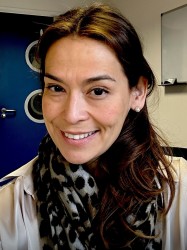BibTex format
@article{Borghesi:2020:cid/ciaa290,
author = {Borghesi, A and Trück, J and Asgari, S and Sancho-Shimizu, V and Agyeman, PKA and Bellos, E and Giannoni, E and Stocker, M and Posfay-Barbe, KM and Heininger, U and Bernhard-Stirnemann, S and Niederer-Loher, A and Kahlert, CR and Natalucci, G and Relly, C and Riedel, T and Kuehni, CE and Thorball, CW and Chaturvedi, N and Martinon-Torres, F and Kuijpers, TW and Coin, L and Wright, V and Herberg, J and Levin, M and Aebi, C and Berger, C and Fellay, J and Schlapbach, LJ and EUCLIDS, consortium and the Swiss Paediatric Sepsis Study},
doi = {cid/ciaa290},
journal = {Clinical Infectious Diseases},
pages = {e614--e623},
title = {Whole-exome sequencing for the identification of rare variants in primary immunodeficiency genes in children with sepsis - a prospective population-based cohort study.},
url = {http://dx.doi.org/10.1093/cid/ciaa290},
volume = {71},
year = {2020}
}

